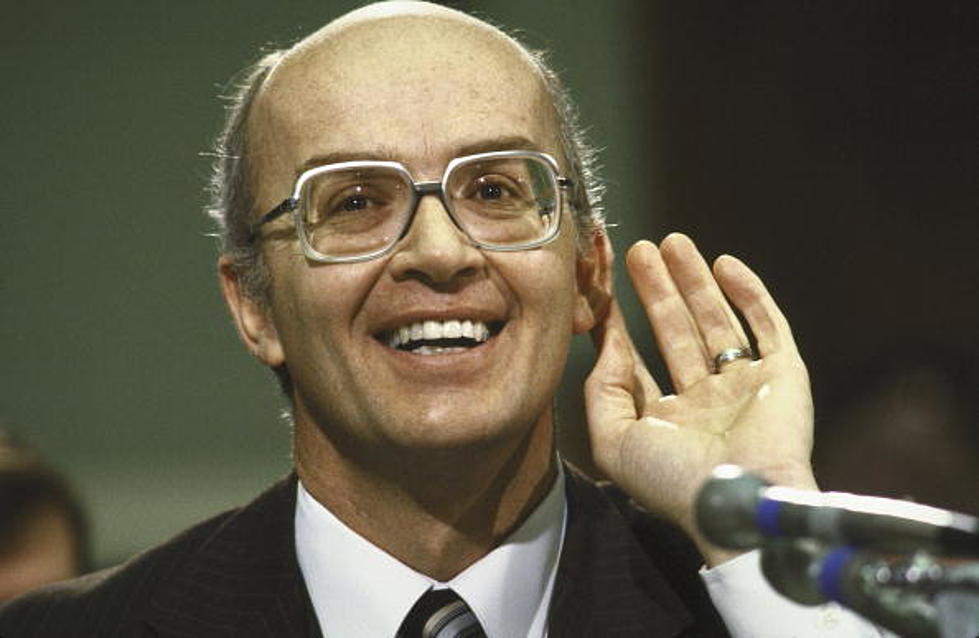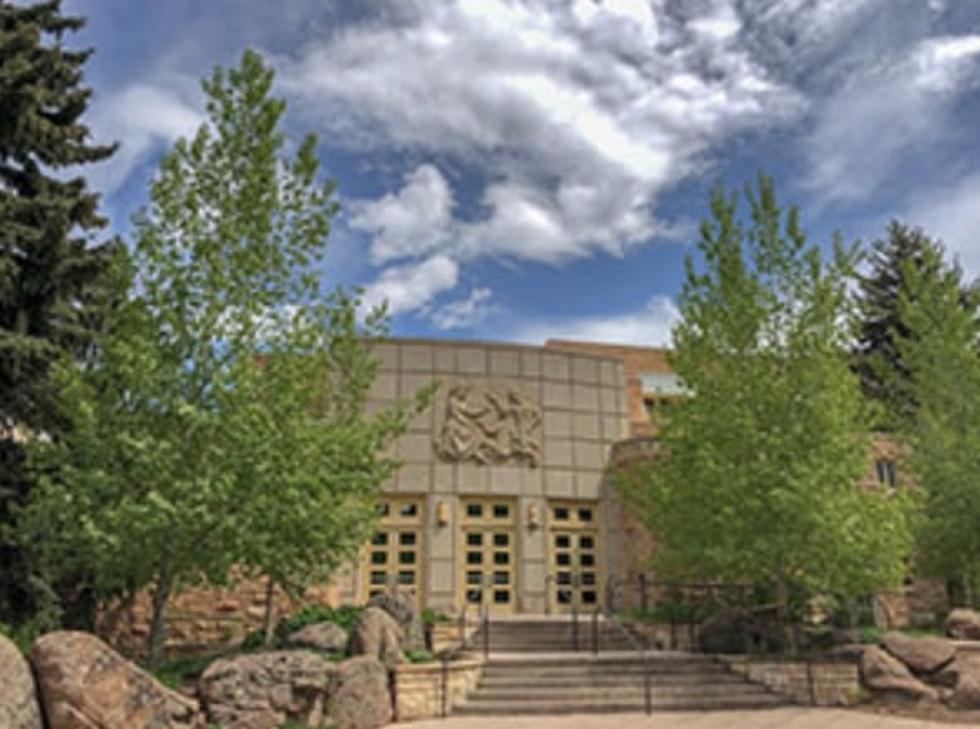
Coal Bust Has Wyoming Looking Locally to Fund New Schools
CHEYENNE, Wyo. (AP) — Now that a more than $1 billion school construction boom funded by coal mining has ended, Wyoming voters could soon be asked if they want to go back to using local tax revenue to pay for building schools.
The Wyoming Senate voted unanimously Wednesday to begin considering a proposed state constitutional amendment for school construction. The amendment would allow Wyoming districts to pay for new schools with property taxes, something not done after a 2001 court ruling.
If approved by two-thirds of the House and Senate, the proposed amendment would go to voters.
"It's a provision we need to look at very seriously," said Republican Sen. Charles Scott, of Casper. "We just cannot continue to finance the existing system because the funding source has dried up on us."
The existing system resulted from years of school-finance litigation that ended when the Wyoming Supreme Court ruled all school districts in the state must be funded more or less equally.
As a result of the ruling, Wyoming officials made coal lease payments the state's primary source of school construction funding. Wyoming is the top coal-mining state and nearly all coal mined in the state belongs to the federal government.
Each company that wins an auction to mine federal coal owes an up-front payment based on the size of the coal reserve. The state and federal government split these "bonus bids" evenly and the bigger ones can run into the tens of millions of dollars.
Starting in the early 2000s, the coal money funded over $1 billion in school construction — dozens of new schools statewide. The problem now is that coal demand and production has been on a downward trajectory since 2008.
With no new federal coal leased in Wyoming since at least 2013, money for new schools has dried up.
While the proposed amendment would go back to building schools with property taxes, it seeks to honor the school-finance ruling with state assistance for school construction in poorer districts.
Lawmakers didn't debate the amendment before sending it to the Senate Revenue Committee for discussion.
More From K2 Radio









